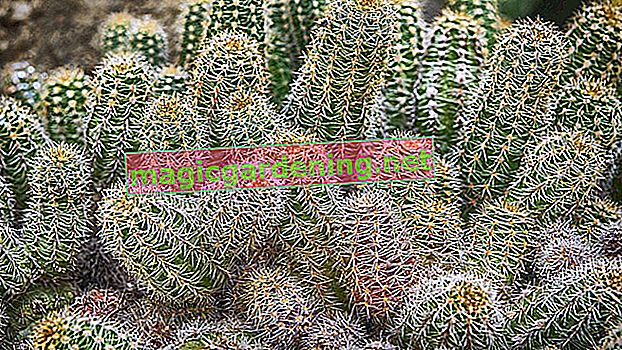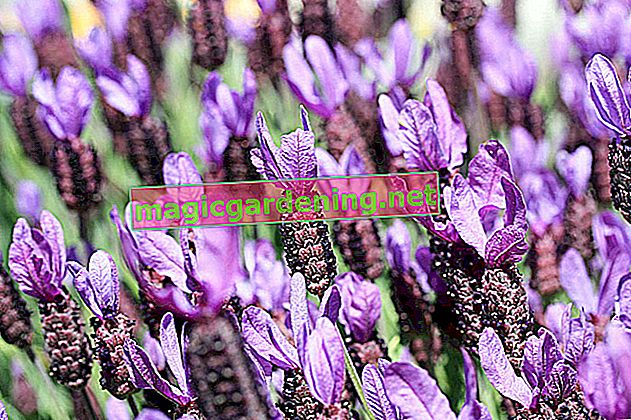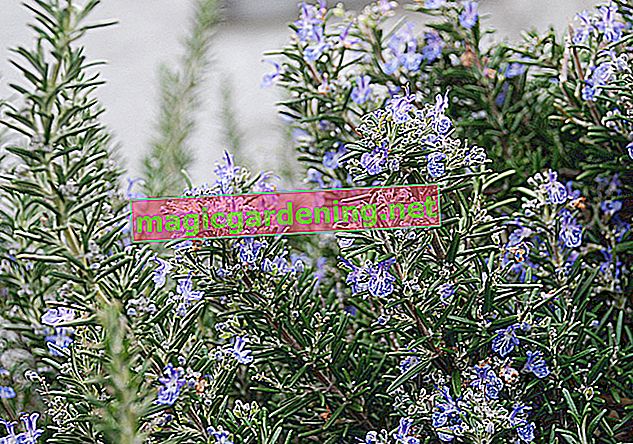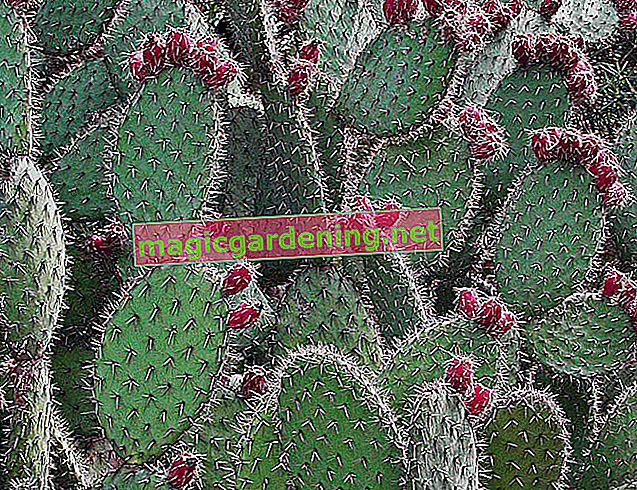
These care mistakes cause brown spots
Cacti react to neglect in the care program with brown spots on the prickly epidermis. This applies to both an unsuitable choice of location and an unbalanced water and nutrient balance. The following overview summarizes common causes:
- Nutrient deficiency: fertilize cacti every second watering from May to September
- Waterlogging: Allow the substrate to almost dry out during growth and then water it thoroughly
- Incorrect overwintering: From November to February place in a light and cool place at 5 to 12 degrees and do not water
also read
- How do cacti overwinter in the greenhouse?
- Cacti are sunburned - what to do now?
- Are cacti allowed in the bedroom?
Although cacti are sun worshipers, they can still suffer from sunburn. If the plants move to their regular full sun spot on the windowsill after winter time, they should first acclimate in the partially shaded location for 8 to 10 days. This precaution is also relevant if you put your cacti on the balcony in May.
Sucking pests leave brown spots behind
If neglect of care can be ruled out as a cause of brown spots, you are very likely dealing with pest infestations. Stinging and sucking insects injure the epidermis, so that brown spots develop there. Spider mites are also among the culprits, like scale insects and aphids. Examine the affected cactus with a magnifying glass to identify the pests. In the early stages, the infestation can still be combated with simple home remedies:
- Scale insects dab with alcohol-soaked cotton swabs or dust with kieselguhr
- Spray spider mites and aphids with the classic soft soap solution
By packing the infested cactus in an airtight plastic bag for 3 to 5 days, you cut off the oxygen supply to the pests and their brood.
Tips
If cacti are getting old, different types tend to cork. This is a natural process in the course of which the fabric lignifies, which can be recognized by brown spots. Young cacti, on the other hand, react to excessive humidity by corking and watering with cold, hard tap water. In addition, when the cactus gets sunburned, the epidermis becomes corked.








